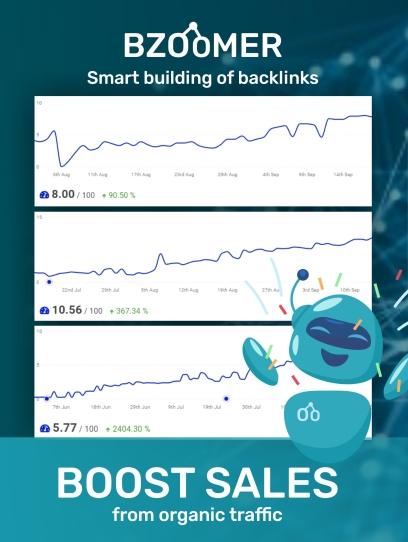Becoming an auto broker—whether you’re brokering private-party sales, dealer-to-dealer transactions, or arranging financing—demands more than just sales savvy. It requires understanding the nuances of licensing, endorsements, and dealer regulations in your state. This article breaks down everything you need to know:
-
What Is an Auto Broker?
An auto broker acts as an intermediary between vehicle buyers and sellers (often dealers), leveraging market knowledge and dealer networks to find the best deals. Unlike a salesperson employed by a dealership, an independent auto broker negotiates on behalf of clients, arranging purchase, financing, and in some cases, transportation. -
Auto Broker Endorsement Explained
-
Definition: An endorsement is an add-on to an existing broker license (or dealer license) that specifically authorizes brokering activities.
-
Purpose: It legally allows you to negotiate sales, handle contracts, and sometimes arrange financing transactions without holding physical inventory.
-
Typical Requirements:
-
Sponsorship or affiliation with a licensed dealer
-
Proof of financial responsibility (bond or escrow)
-
Completion of a broker-specific education or exam
-
-
-
Securing an Auto Broker License
Before you can legally broker vehicle transactions, most states require a dedicated broker license:-
Application Process: Submit a broker application through your state’s motor vehicle agency.
-
Background Check: Fingerprinting and criminal-history screening.
-
Bond or Insurance: Purchase a surety bond (amount varies by state, often $10,000–$50,000) or maintain an escrow account.
-
Location Requirements: Some jurisdictions demand a physical office with signage; others allow home-based operations under certain conditions.
-
Fees and Renewal: Initial license fees typically range from $100–$500, with annual renewals due each year.
-
-
Distinguishing Between Broker and Dealer Licenses
Although the terms “auto broker license” and “dealer license” are sometimes conflated, they serve different business models:-
Broker License: Authorizes you to arrange transactions between buyers and third-party sellers or dealerships. You never take title to vehicles.
-
Dealer License (Auto Broker Dealer License): Permits you to purchase, hold inventory, and sell vehicles under your own dealership name. This license carries stricter bonding, lot requirements, and record-keeping mandates.
-
-
Obtaining an Auto Broker Dealer License
If your goal is to both broker and sell vehicles from your own lot, you’ll need a combined broker-dealer license:-
Dealer Lot or Showroom: A secured, permanent location that meets local zoning and building codes.
-
Additional Bonding: Higher bond amounts (often $50,000 or more) to cover consumer risk.
-
Business Entity Registration: Establish an LLC or corporation; register for sales tax and employer identification number (EIN).
-
Compliance Systems: Install dealer management software, vehicle history reporting capability, and a dedicated escrow or trust account for customer funds.
-
-
Key Steps to Launch Your Auto Broker Business
-
Research Your State’s Requirements: Visit the Department of Motor Vehicles (DMV) or equivalent agency website for detailed licensing guidelines.
-
Complete Pre-Licensing Education: Many states mandate a certain number of classroom or online hours.
-
Apply and Submit Bond: File your application, pay fees, and secure the required surety bond.
-
Set Up Your Business Infrastructure: Office lease, signage, trust accounts, and record-keeping systems.
-
Maintain Compliance: Renew licenses on time, attend ongoing training, and keep bond and insurance current.
-
-
Best Practices for Auto Brokers
-
Transparency with Clients: Clearly outline fees and commission structures in writing.
-
Strong Dealer Relationships: Cultivate connections with multiple franchised and independent dealers to widen your inventory access.
-
Up-to-Date Market Knowledge: Track incentives, manufacturer rebates, and interest-rate trends to deliver maximum value.
-
Robust CRM Systems: Use customer-relationship management software to manage leads, contracts, and follow-ups efficiently.
-
Becoming a licensed auto broker or broker-dealer opens doors to a high-margin, service-oriented segment of the automotive industry. By securing the proper endorsements and licenses—while adhering to bonding, location, and compliance requirements—you’ll be well on your way to delivering exceptional value to car buyers and building a thriving brokerage business.


